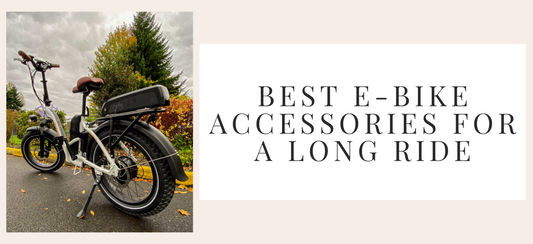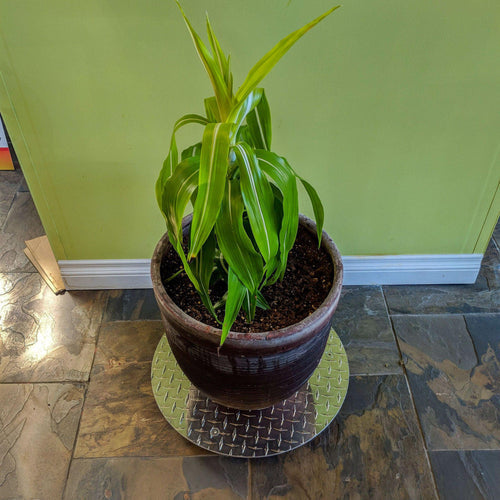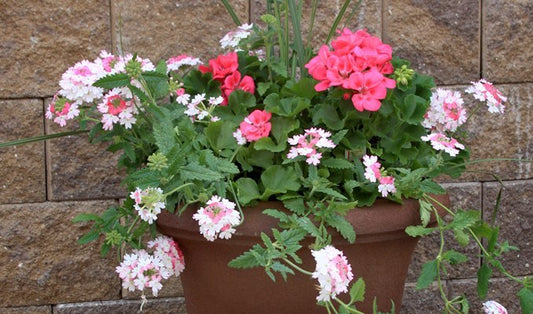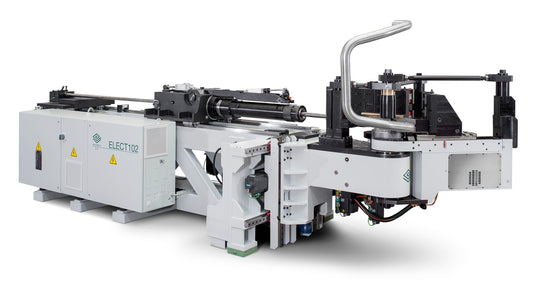As people become more and more environmentally conscious, they are looking at ways to reduce, reuse, and recycle. This mindset has fueled more people into decomposing their yard and kitchen waste in a compost pile instead of having it end up in landfills. Luckily for them, composting has dual benefits: it reduces solid waste contribution to landfills and also generates compost that is a great additive for their garden.
Composting is a natural process that takes organic materials such as leaves, grass clippings, coffee grounds, and food scraps and recycles them into a rich soil amendment. It is a chemical and biological process completed by microbes, insects and earthworms.
Benefits of Composting
A quick search online – or a chat with someone who does their own composting – and you will quickly learn about the numerous benefits of turning your waste into compost. After the composting process is completed, the finished compost is added to gardens and flower beds to improve the soil.
Compost itself has many advantages as a soil amendment, but the process is also beneficial to the environment in general.
Soil Benefits of Compost
Improves soil structure through the addition of the extra organic matter. The soil is lighter and more friable, meaning it won’t form heavy clumps or clods that don’t break apart easily. Roots can penetrate through the soil freely allowing them to spread out for better water and nutrient absorption.
Increases nutrient content of the soil. The compost will slowly release plant available nutrients as it breaks down even further over time. It also has an electric charge that grabs ahold of nutrients in the soil (from fertilizers) and keeps them in the root zone for plant uptake.
Improves water retention. Compost’s physical attributes allow it to absorb moisture and keep more water in the root zone where it’s available for plants, keeping the soil from drying out as quickly.
Buffers soil pH because of its ionic attraction. All of the organic material in compost will attract ions from the soil. For both acidic and alkaline soils, it will help bring them closer to neutral and help reduce a change in pH over time.
Environmental Benefits of Compost
Decreases fertilizer application because of its nutrient holding capacity. Since it releases a slight amount of nutrients into the soil and helps keep them in the root zone, adding compost can reduce the amount of fertilizer needed for optimum plant growth.
Reduces leaching of nutrients and possible contamination of ground and surface water because of its ability to hold onto nutrients.
Reduces waste in landfills, causing a reduction in greenhouse gas emission. Food waste breaks down slowly over time when it’s put into landfills and produces methane gas. Composting at home reduces the amount of methane emitted into the atmosphere.
Less water consumption. In many places, water is a tenuous resource. Reducing the amount needed to be applied to your garden helps to conserve water overall.
Composting Tips
There are some basic rules to follow when you’re composting yard and food waste. The following “do’s” and “don’ts” will help your adventure be successful.
DO
- Think of your compost pile as a pet; it needs regular care and attention.
- Build your own composting bin if you can’t find a prefabricated one you like.
- Put the bin/pile in a dry, shady spot near a water source.
- Use a variety of materials.
- Mix grass clippings in with food waste.
- Chop all materials into smaller pieces if feasible.
- Do make sure the pile is damp but not soggy.
- Check the temperature to watch the decomposition rate.
- Expect some odor from the pile.
- Keep the brown to green ratio where it needs to be for optimum microbe performance.
- Cover a brown layer with a green layer to cut down on flies and odors.
- Turn the pile to aerate it as decomposition slows down, the added oxygen will stimulate the microbes.
- Sprinkle in some nitrogen fertilizer if your brown (carbon) ratio is too high.
- Add in natural fiber clothing, wine corks, and tea bags if you have them.
- Put worms in an open compost pile.
DON’T
- Don’t let food waste stay near the top of the pile where it can attract rodents.
- Don’t put worms in a compost barrel, bin, or tumbler; they can only go in a pile, so they can easily move back into the soil beneath it.
- Don’t put the roots of plants into the pile but discard them in the trash instead.
- Don’t add diseased plant tissue or weeds to the compost pile.
- Don’t add food waste such as fish, meat, dairy products, bones, fatty foods or grease because they do not break down easily and can attract vermin.
- Don’t add pet feces or used litter to the pile.
- DON’T MAKE IT HARDER THAN IT HAS TO BE! Composting is a natural process that shouldn’t cause you stress. Roll with the punches and figure out what works for you.
Conclusion
Composting your food and lawn waste has many benefits for both the environment and your garden. It helps to reduce the amount of waste that goes into landfills while the finished compost increases the productivity of your garden when added to the soil. There are some things to keep in mind though so it’s best to understand the basics of what you should and shouldn’t do when composting.





